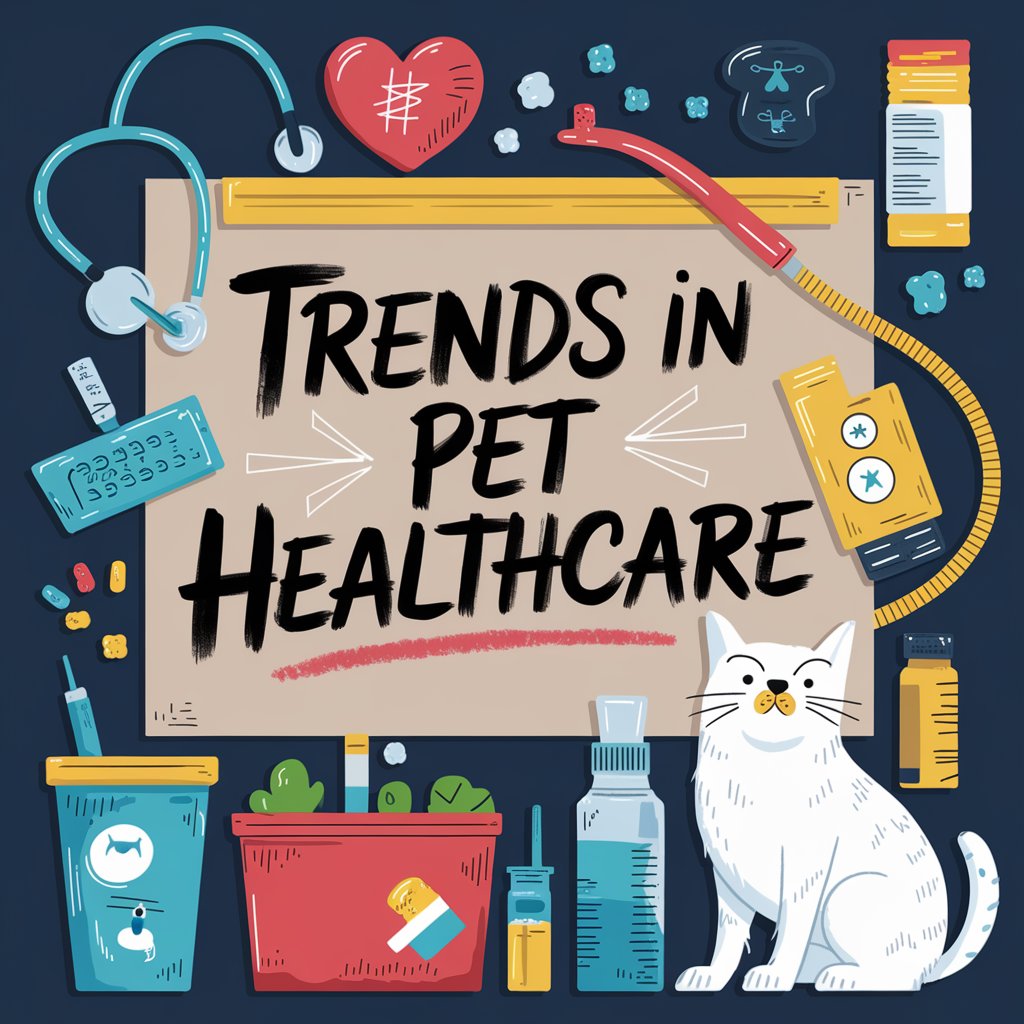The veterinary industry is undergoing a transformation, with new advancements shaping the way pets receive care. From cutting-edge technology to personalized treatment plans, pet healthcare is evolving to become more efficient, accessible, and tailored to individual needs. As pet owners increasingly prioritize wellness, veterinarians are embracing innovative solutions to improve both preventive and emergency care.
Here are some of the key trends driving change in the veterinary industry and what they mean for the future of pet healthcare.
AI-Powered Diagnostics and Digital Health Tools
Artificial intelligence is playing an increasing role in veterinary medicine, enhancing diagnostic accuracy and speeding up medical evaluations. AI-driven tools can now analyze X-rays, CT scans, and blood tests, helping veterinarians detect diseases earlier and provide more targeted treatments. Artificial intelligence is playing an increasing role in veterinary medicine, enhancing diagnostic accuracy and speeding up medical evaluations. AI-driven tools can now analyze X-rays, CT scans, and blood tests, helping veterinarians detect diseases earlier and provide more targeted treatments. In Australia, providers like VECA Sydney are helping clinics access advanced diagnostic and imaging technology that empowers vets to deliver more precise and efficient care.
Wearable pet health monitors are also becoming more common, tracking vital signs such as heart rate, respiratory patterns, and activity levels. These devices allow for early detection of health issues and provide vets with valuable data for monitoring chronic conditions.
The Growth of Telemedicine in Veterinary Care
Telemedicine is making veterinary care more accessible, allowing pet owners to consult with veterinarians remotely for minor issues or follow-up appointments. While physical exams remain essential for certain diagnoses, virtual vet visits are a convenient option for addressing concerns such as dietary advice, behavioral issues, and post-surgical check-ins.
Remote monitoring tools are also improving the way vets manage long-term health conditions, reducing the need for frequent in-person visits and making healthcare more convenient for both pets and their owners.
Personalized Nutrition and Preventive Health Plans
Pet food is no longer a one-size-fits-all solution. Advances in veterinary science are making it possible to create customized diets tailored to a pet’s breed, age, activity level, and health conditions. DNA testing is also helping pet owners understand their animal’s genetic predisposition to certain diseases, allowing for more proactive health management.
Nutritional supplements and functional foods designed to support joint health, digestion, and cognitive function are also becoming increasingly popular. These developments are shifting the focus toward preventive care, helping pets maintain long-term wellness.
Alternative and Holistic Treatments
Holistic and integrative veterinary care is gaining traction, offering additional treatment options for pain management and chronic conditions. Therapies such as acupuncture, chiropractic care, and laser therapy are being used alongside traditional medicine to help pets recover from injuries, manage arthritis, and reduce anxiety.
CBD-based treatments are also being explored for pain relief and calming effects, particularly for senior pets or those with stress-related conditions. As research in this area expands, alternative therapies may become a more mainstream part of veterinary care.
Advanced Surgical Techniques and Regenerative Medicine
Veterinary surgery is evolving with the introduction of minimally invasive procedures that reduce recovery time and improve outcomes. Laparoscopic surgery, which involves smaller incisions, is becoming more common for procedures such as spaying and tumor removal.
Stem cell therapy and regenerative medicine are also showing promise in treating degenerative joint diseases and soft tissue injuries. These techniques use the body’s own cells to promote healing and may provide new solutions for conditions that previously had limited treatment options.
A Focus on Mental and Emotional Well-Being
Veterinarians are placing greater emphasis on the emotional health of pets, recognizing that stress and anxiety can impact physical health. Fear-free veterinary practices are designed to reduce stress during clinic visits by using calming techniques, separate waiting areas for cats and dogs, and gentle handling methods.
Enrichment tools such as interactive toys, scent-based games, and mental stimulation activities are also becoming more common in pet care routines to improve overall well-being. These developments highlight a shift toward a more comprehensive approach to pet wellness.
For those seeking high-quality veterinary services that incorporate the latest advancements, At Thrive Vet Care in Airdrie, we want every pet to live their best life. By staying at the forefront of these industry changes, veterinary professionals are helping pets enjoy longer, healthier, and happier lives.
Sustainability in Pet Healthcare
As the pet industry grows, so does the demand for environmentally friendly practices in veterinary care. Many clinics are moving toward digital record-keeping to reduce paper waste, while pet food companies are developing sustainable ingredients to minimize the environmental impact of pet diets.
Eco-friendly pet products, including biodegradable waste bags, plant-based grooming supplies, and recyclable packaging, are also gaining popularity among environmentally conscious pet owners. These efforts align with a broader movement toward sustainability in pet care.
The Future of Veterinary Care
As technology and medical research continue to evolve, pet healthcare is becoming more precise, proactive, and personalized. The integration of AI diagnostics, telemedicine, personalized nutrition, and alternative therapies is shaping a future where pets can receive more comprehensive and effective care.






